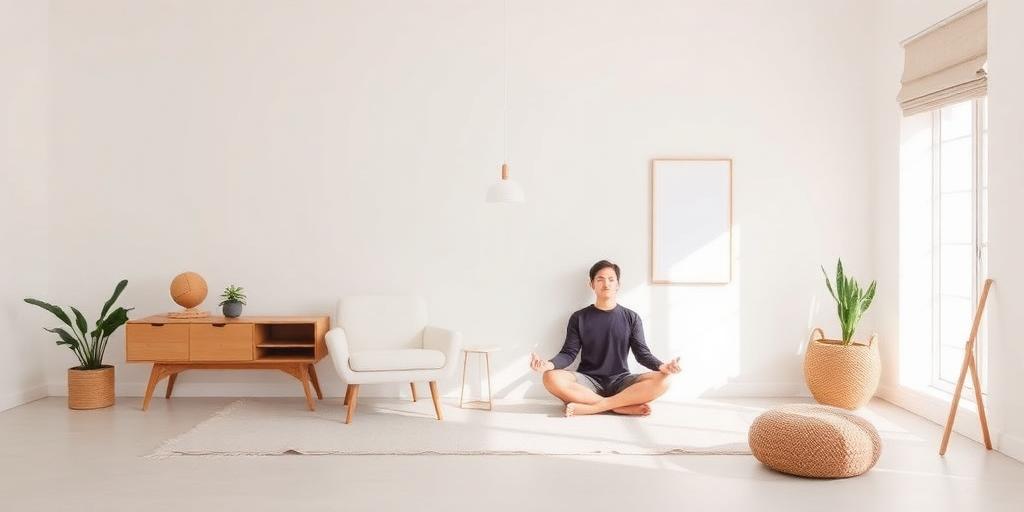Minimalism: A Path to Enhanced Living Through Reduction
In an era defined by relentless consumerism and the accumulation of material possessions, the concept of minimalism emerges as a compelling counter-narrative. Minimalism isn't merely about decluttering; it's a profound philosophy that advocates for living with less to achieve a more fulfilling existence. This article delves into the core principles of minimalism, exploring its tangible benefits and offering actionable strategies for adopting a minimalist lifestyle.
Understanding the Essence of Minimalism
At its core, minimalism is the intentional promotion of the things we most value and the removal of everything that distracts us from it. It is a rejection of the societal norm that equates happiness with material wealth, and instead, focuses on experiences, relationships, and personal growth. Minimalism is not about deprivation; it’s about mindful curation.
The Multifaceted Benefits of Embracing Minimalism
Adopting a minimalist lifestyle can yield a wide array of benefits that extend beyond mere tidiness:
- Financial Freedom: By curtailing unnecessary spending, minimalism frees up financial resources that can be directed towards investments, travel, or early retirement.
- Reduced Stress and Anxiety: A clutter-free environment fosters a sense of calm and reduces the mental burden associated with managing excessive possessions.
- Enhanced Focus and Productivity: With fewer distractions, individuals can concentrate more effectively on their goals and priorities.
- Environmental Responsibility: Minimalism promotes sustainable consumption habits, reducing waste and minimizing one's ecological footprint.
- Increased Time and Energy: Less time is spent cleaning, organizing, and maintaining possessions, freeing up valuable time and energy for pursuits that truly matter.
Practical Strategies for Adopting a Minimalist Lifestyle
Embarking on a minimalist journey requires a deliberate and systematic approach. Here are actionable strategies to guide you:
- Assess Your Current Possessions: Conduct a thorough inventory of your belongings. Categorize items into those you use regularly, those you need, and those that serve no practical purpose.
- Implement the 90/90 Rule: If you haven't used an item in the past 90 days and don't foresee using it in the next 90 days, consider parting with it.
- Embrace the One-In-One-Out Policy: For every new item you acquire, commit to removing a similar item from your possession. This prevents accumulation and maintains a balanced inventory.
- Digitize and Declutter: Scan important documents and opt for digital alternatives to physical media. This reduces paper clutter and streamlines information management.
- Mindful Consumption: Before making a purchase, ask yourself whether the item is truly necessary and if it aligns with your values and goals.
- Challenge the Status Quo: Question societal norms that promote excessive consumption. Resist the pressure to keep up with trends and define your own standard of living.
Overcoming Common Challenges in the Pursuit of Minimalism
The path to minimalism is not without its challenges. Emotional attachments to possessions, fear of regret, and societal pressures can impede progress. It's essential to approach decluttering with patience, compassion, and a clear understanding of your motivations.
The Enduring Appeal of Minimalism
Minimalism offers a refreshing antidote to the complexities and excesses of modern life. By intentionally reducing our material possessions, we create space for experiences, relationships, and personal growth. As we navigate an increasingly cluttered world, the principles of minimalism provide a pathway to greater clarity, freedom, and fulfillment. Embracing minimalism is not just about living with less; it's about living more intentionally and purposefully.









